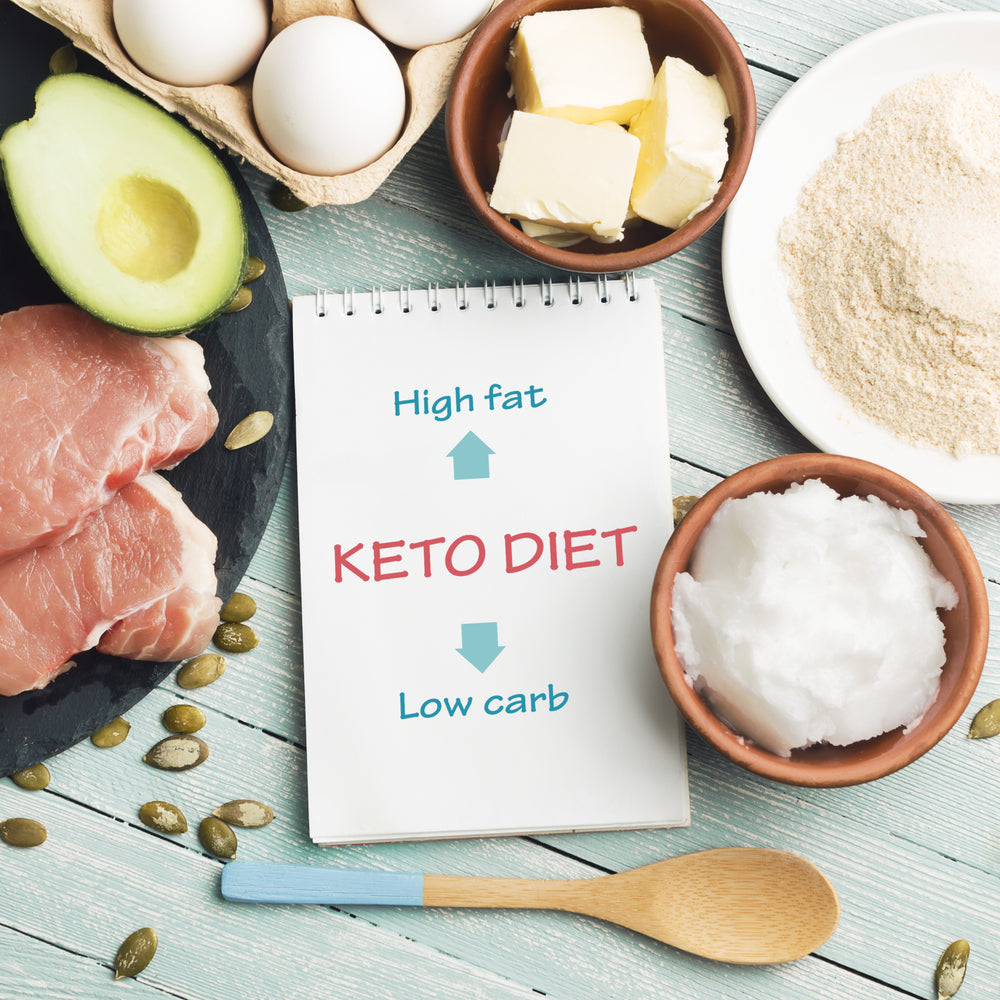Keto Diet After Bariatric Surgery: Is It Safe and Effective
Bariatric surgery is a significant step towards weight loss and better health for many individuals battling obesity. Once the surgery is done, the journey isn't over; it's just beginning. The postoperative period requires a massive lifestyle overhaul, including strict dietary modifications. Amidst the various diet plans that have gained popularity, the ketogenic diet or 'keto' has sparked interest in the bariatric community. But is it a safe and effective route to take after such a life-changing surgery?
Understanding the Ketogenic Diet
Before we delve into the ketogenic diet's compatibility with bariatric surgery, let's understand what it entails. The basic premise of the keto diet is high fat, moderate protein, and very low carbohydrate intake. This macronutrient distribution pushes the body into a state of ketosis, where it burns fat for energy instead of glucose.
Potential Benefits Post-Bariatric Surgery
The ketogenic diet has been associated with several benefits that could support post-bariatric surgery recovery and weight management:
- Enhanced Weight Loss: Keto's fat-burning state can complement the weight loss initiated by bariatric surgery.
- Appetite Control: The high fat and protein content can increase satiety, helping to manage the reduced stomach capacity after surgery.
- Improved Insulin Sensitivity: Transitioning to fat as a primary energy source can stabilize blood sugar levels and improve insulin sensitivity, which is often a concern for bariatric patients.
Risks and Considerations
However, the ketogenic diet doesn't come without its risks, particularly for those who've undergone bariatric surgery:
- Nutritional Deficiencies: Bariatric surgery already restricts nutrient absorption, and the limited food intake from a keto diet could exacerbate deficiencies.
- Liver and Kidney Stress: The increased fat and protein can be hard on the liver and kidneys, which may already be vulnerable after surgery.
- GI Issues: A high-fat diet can lead to gastrointestinal discomfort, which might be more pronounced post-surgery.
Nutritional Considerations
Given the risks, bariatric patients considering a ketogenic diet should keep the following in mind:
- Monitor Micronutrient Intake: Due to restricted food variety, a daily multivitamin and additional supplements, as recommended by a healthcare provider, are essential.
- Gradual Fat Increase: Sudden high fat intake can lead to gastrointestinal distress; thus, fats should be gradually increased.
- Hydration and Electrolyte Balance: The keto diet can cause dehydration and electrolyte imbalances. Adequate fluid intake and mineral supplements can be necessary.
- Protein Prioritization: Protein is crucial for healing and maintaining muscle mass after surgery. Therefore, protein intake must meet individual needs without overwhelming the kidneys.
Is It Right for You?
While there are hypothetical benefits of a ketogenic diet after bariatric surgery, it's not a one-size-fits-all approach. Considering the complex nature of post-bariatric nutrition, it is imperative to consult with a healthcare provider before starting any diet. A dietitian can help tailor a plan that ensures you get all the necessary nutrients without compromising your weight loss and health post-surgery.
Making an informed decision is crucial when considering a ketogenic diet after bariatric surgery. It's about finding a balance that nurtures the body without inducing additional stress on the modified digestive system. With professional guidance and careful planning, some individuals might find keto to be an effective tool in their post-bariatric life.
Transitioning to a ketogenic diet after bariatric surgery is a delicate process that needs close monitoring and professional guidance. Always ensure you're making dietary changes with a healthcare provider's support to stay on the safe side of wellness.





































































































